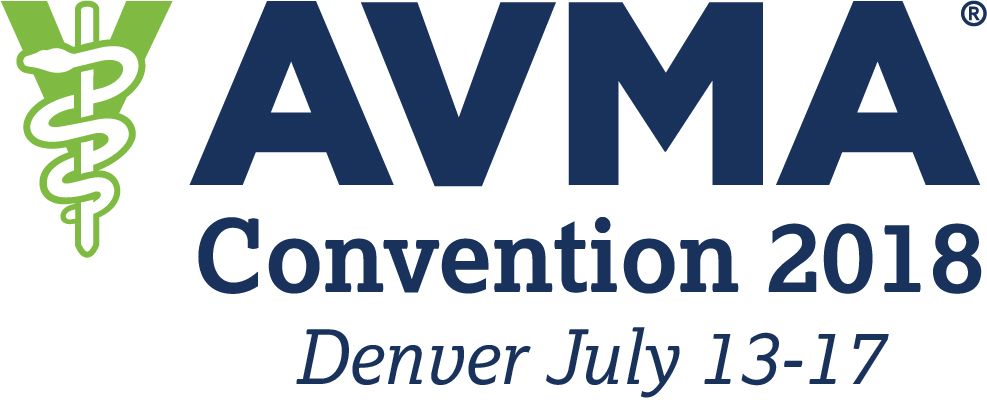UPDATE: Grant Will Help Low-Income Pet Owners Afford Veterinary Care
Many pet owners lack access to needed pet care because they simply cannot afford it, but for some pet owners that may soon change.
(July 30) — The University of Tennessee College of Social Work Program for Pet Health Equity has received a $2.8 million grant to support the research and development of AlignCare—a just-launched 3-year nationwide project that will provide community-based financial support to selected low-income families to help their pets receive health care when they need it.
The grant was awarded by Maddie’s Fund, which funds projects to move toward a no-kill nation where every dog and cat is guaranteed a healthy home or habitat.
“Thanks to Maddie’s Fund, millions of pets and their people will benefit from the ‘One Health’ approach that is AlignCare by sustainably gaining access to veterinary care,” said Michael Blackwell, DVM, MPH, director of the Program for Pet Health Equity at the University of Tennessee College of Social Work.
AlignCare includes researchers from the University of Tennessee College of Social Work, Boyd Center for Business and Economic Research, College of Veterinary Medicine, and Department of Public Health, and is an extension of the work done by the Access to Veterinary Care Coalition.
“Animal welfare’s primary focus has been to find homes for homeless pets,” Laurie Peek, DVM, member of the executive leadership team for Maddie’s Fund, said. “AlignCare takes this vision to its next big step in revolutionizing the status and well-being of companion animals by helping to keep pets in their homes.”

(July 16) — Michael Blackwell, DVM, MPH, director of the program for pet health equity at the University of Tennessee College of Social Work, believes better programs are needed to help low-income pet owners gain access to veterinary care.
American Veterinarian® spoke with Dr. Blackwell at the convention to ask about his work in helping to resolve the issue of underserved pet owners. “Lack of access to veterinary care is the largest animal welfare issue confronting owned pets,” he said. “We’re failing to provide access when pets need it the most.”
RELATED:
- Making a Difference: Dr. Christi Camblor and Compassion Without Borders
- Helping Those Who Cannot Help Themselves
Many wellness services are offered at a discounted rate to low-income pet owners, but the sick and urgent care needs of these pets are not addressed. “What happens in between the monthly or yearly clinics?” Dr. Blackwell asked.
Enter AlignCare—a just-launched 3-year nationwide project that will provide community-based financial support to selected low-income families to help their pets receive health care when they need it—beyond annual wellness checks, vaccinations, and spay/neuter clinics. Subsidized care likely will not extend to advanced treatments for some conditions, but it will help families cover costs for common illnesses, diseases, and injuries.
An outgrowth of the work done by the Access to Veterinary Care Coalition, the new project will identify pet owners through social services, public health programs, and nonprofits. Here’s how it will work:
- A selected participant pays a copay for provided veterinary services calculated on a sliding scale.
- Then, a subsidy is paid by AlignCare directly to the selected participant.
- The provider delivers the veterinary services at a discounted rate.
Various steps will be taken during each year of the 3-year project. In the first year, the framework, policies, and procedures will be created. In the second year, AlignCare will be implemented in 10 communities across the United States. In the third year, the program organizers anticipate the majority of communities will be participating in the program.
Funding for the AlignCare program will come from foundations, corporations, and individual donors.